Dhaka, Dec 03 (V7N) — Bangladesh is set to receive the fourth tranche of its $4.7 billion loan agreement with the International Monetary Fund (IMF) between February and March 2025, confirmed Finance Advisor Dr. Salehuddin Ahmed. The tranche, amounting to $1.1 billion, will support ongoing reforms in the financial and revenue sectors.
Dr. Salehuddin shared the update following a meeting with an IMF delegation at the Secretariat on Tuesday afternoon.
Additional Financial Support Expected
In addition to the IMF funding, Bangladesh aims to secure $6 billion in assistance from the World Bank and other development partners in the current fiscal year. These funds are earmarked for advancing reforms to strengthen the country’s financial stability and revenue generation.
“This assistance will play a crucial role in the welfare of the country and in addressing pressing challenges,” stated Dr. Salehuddin.
Key Discussion Points
The meeting with the IMF delegation covered several critical issues, including:
- Revenue Collection: Efforts to enhance efficiency and broaden the tax base.
- Inflation Control: Measures to mitigate rising consumer prices.
- Defaulted Loans: Strategies to reduce the burden of non-performing loans in the banking sector.
- Macroeconomic Stability: Policies to sustain growth while addressing fiscal and external vulnerabilities.
- Financial Sector Reforms: Progress in ensuring transparency and resilience in the banking system.
The advisor emphasized that Bangladesh has made progress on many of these fronts, which was presented during the discussions with the IMF team.
Background on IMF Loan Agreement
The ongoing $4.7 billion loan agreement with the IMF was established to bolster Bangladesh’s economic stability and reform initiatives. To date, three installments have been disbursed, and the forthcoming tranche reflects continued confidence in the country’s reform agenda.
The additional funding from global development partners is expected to complement IMF assistance, enabling Bangladesh to address immediate fiscal challenges and implement long-term economic reforms effectively.
END/MSS/AJ



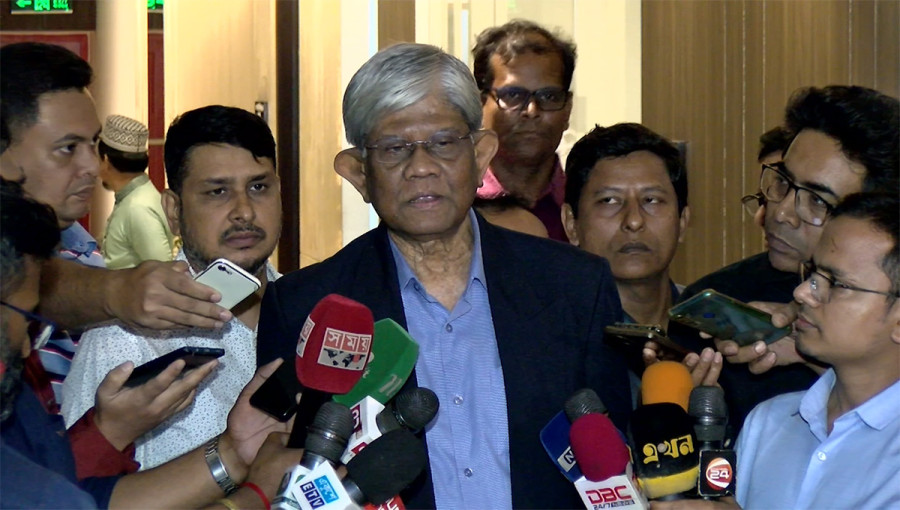
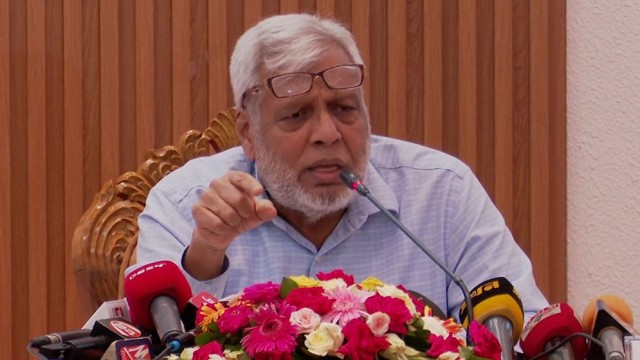
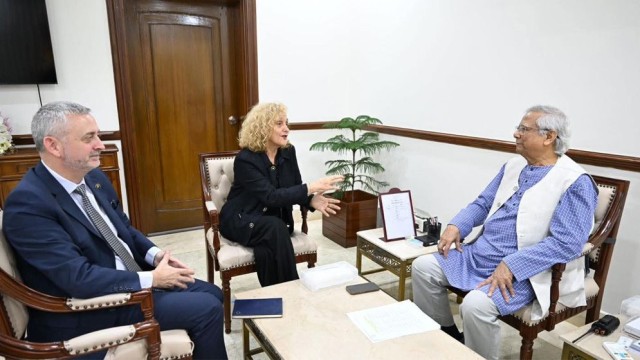
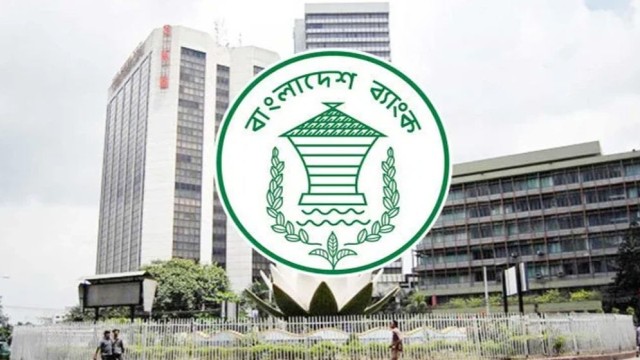

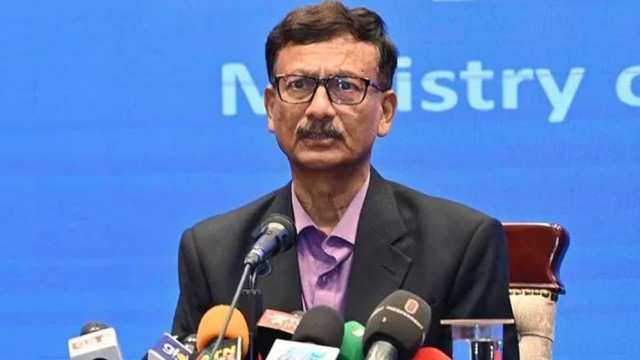

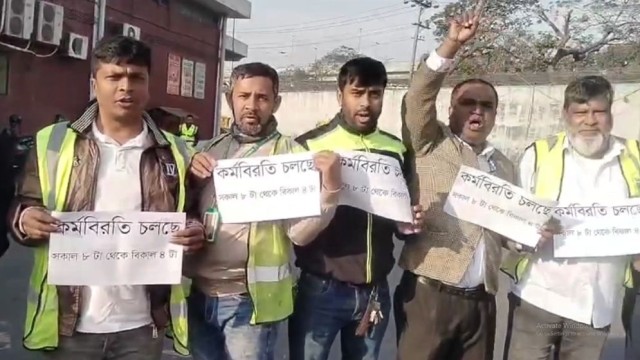
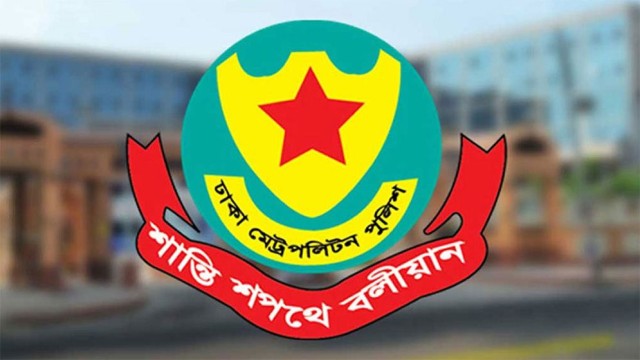
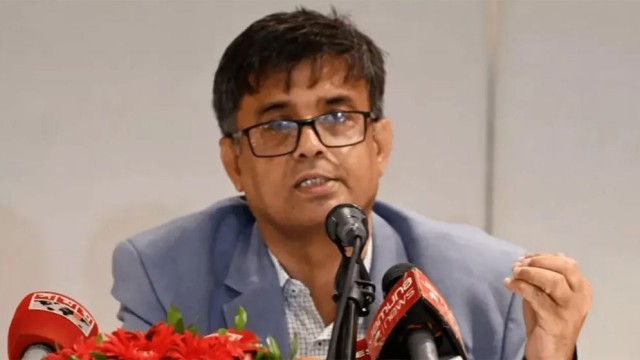









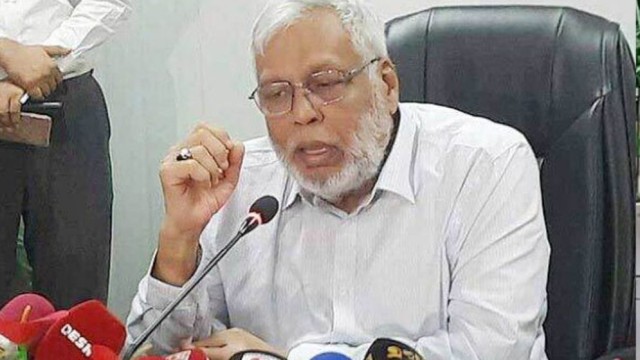


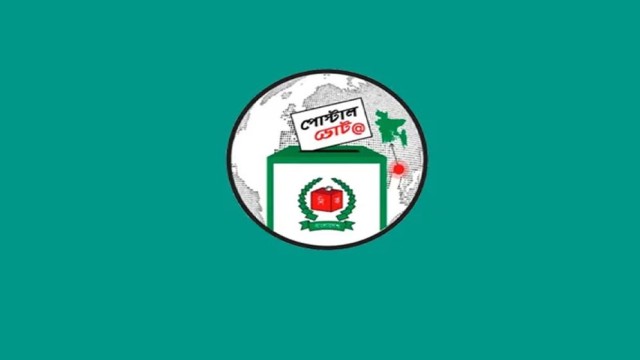




Comment: